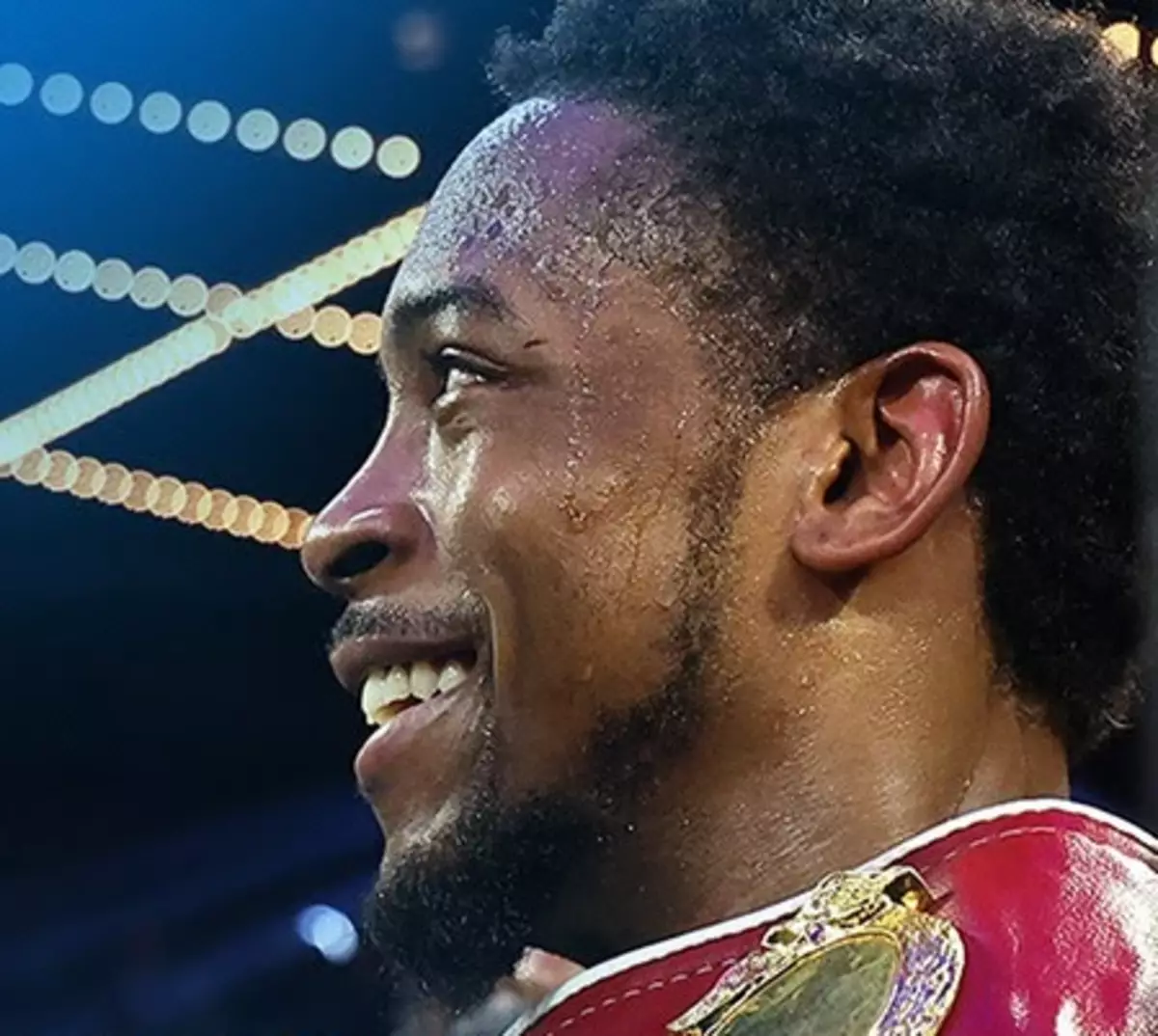In the world of professional boxing, where ambitions and financial prospects often clash, relationships can be tested under the pressure of potential matchups. Recently, Keyshawn Davis, once steadfast in his reluctance to fight his friend Shakur Stevenson, has exhibited a shift in his stance. This about-face was catalyzed by Shakur’s public declaration of his willingness to entertain an offer to fight from promoter Turki Alalshikh. With a simple prompt, “send the offer then,” Keyshawn’s readiness to engage in a bout that many would have deemed unthinkable demonstrates how quickly the intricacies of personal relationships can be overshadowed by the allure of financial gain.
Boxing, at its core, is a business. Promoters and fighters alike must navigate a landscape where financial viability and fan interest dictate matchups more than personal loyalties. Both fighters, Keyshawn Davis and Shakur Stevenson, have established themselves as elite competitors in the lightweight division, but their respective paths indicate contrasting approaches to career management. Keyshawn has adopted the moniker ‘The Businessman,’ revealing his penchant for strategic match selection that prioritizes safety and profitability—traits that align with the contemporary boxing archetype of manufactured fighters. Conversely, Shakur’s track record suggests a willingness to embrace risk, as his pedigree includes notable victories and a commitment to enhancing his legacy rather than merely filling his pockets.
The current landscape of the lightweight division presents waning opportunities for both fighters. With Gervonta Davis, often dubbed the king of the division, seemingly disinterested in facing either competitor, and Vasily Lomachenko likely approaching retirement, the market for high-profile matchups appears limited. Moreover, Keyshawn’s aversion to fighting former rival Andy Cruz reflects not only a personal preference but a strategic decision to avoid unnecessary risks. This scarcity of lucrative opponents heightens the stakes; it’s not just about legacy anymore, but also about capitalizing on limited chances to solidify their financial futures.
As the dialogue unfolds, it becomes evident that the bond between Davis and Stevenson complicates the narrative. Stevenson’s assertion that he wouldn’t fight “my blood brother,” despite Davis’s willingness, speaks volumes about the emotional hurdles that can impede business decisions in boxing. Yet, as both fighters carve their paths, the looming questions remain: How much loyalty can withstand the financial pressures of the sport, and at what point does friendship take a backseat to ambition? Andre Ward’s suggestion that this fight could come to fruition in the future suggests a recognition that, in boxing, the line separating friendship from competition is often blurred.
Ultimately, the imminent prospect of a Davis-Stevenson bout reflects the evolving dynamics that exist in professional boxing. While personal relationships are invaluable, the overpowering force of financial opportunity can transform the landscape overnight, compelling fighters to rethink their positions on rivalry and collaboration in pursuit of their goals.

